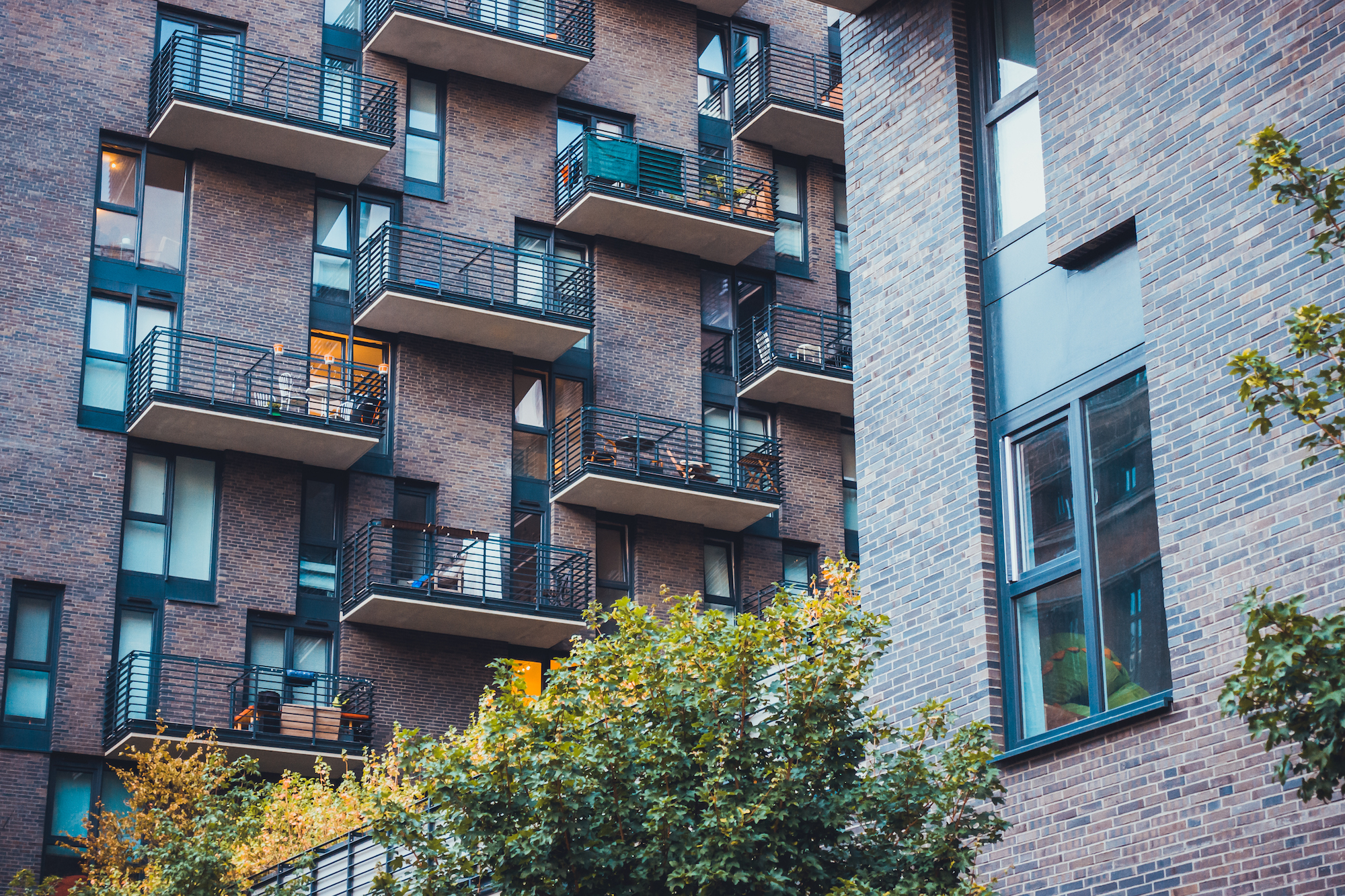Days
Hours
Minutes
Seconds
May 1 2026 - Renters' Right Act Commencement Day
You have 0 days to:
Serve any final Section 21 notices
Stop accepting above-asking rent offers
Prepare for the rental bidding ban
Remove “No DSS” from adverts
Remove “No Children” from listings
Show one clear rent price
Stop using fixed-term agreements
Switch to periodic tenancy templates
Check which tenancies go periodic
Stop taking rent before signing
Take no more than one month’s rent
Move all evictions to Section 8
Train staff on new notice rules
Create Section 13 process flow
Add two months to rent reviews
File court claims for Section 21s
Update landlord move-in grounds
Update landlord selling grounds
Send the RRA Information Sheet
Create written terms where missing
Update How to Rent processes
Review tenant screening questions
Update pet request processes
Stop backdating rent increases
Discuss rent protection backbooks
Act now before it is too late...
UPDATED: How the changes to the possession action process impact existing claims
The government has updated its guidance on possession proceedings during the pandemic and still encourages using mediation where possible to find an alternative solution.
Andrea Warmington
Jul 20, 2020
This article was updated on 3 December 2021. Pease ensure you refer to gov.uk for the latest advice and information.
The Government has updated its guidance on possession proceedings during Covid-19. The guidance highlights that, as the ban on evictions has ended and notice periods have reverted to pre-pandemic levels, "all orders can now be enforced where the landlords have a valid warrant of possession."
However, bailiffs will still need to provide at least 14 day notice of eviction, and they then won't be able to carry out that eviction if anyone in the house is self isolating in line with government requirements. The bailiffs are prioritising cases according to the date the warrant of possession was issued, with exemptions for cases involving anti-social behaviour or squatting.
The guidelines advise that claiming possession through the courts may cost "between £400 and £500, not including legal fees" and so agents and landlords should consider other means to find a resolution with the tenant, such as mediation, where possible. The court will also ask for more information to understand your tenants' circumstances, so you'll need to engage with your tenants to gain that information if you do wish to make a claim.
Claims already in the court system
If you have an outstanding Warrant of Possession
Warrants of Possession are valid for 12 months. If your warrant has expired due to Covid-19 restrictions and you would like to extend it, you will need to apply for an extension through a N244 form, with a £108 fee, without notice to the defendant, or £275 with notice. Your communications with the tenant will need to be shared, as well as any change in circumstance for the landlord, and you may need to attend a hearing.
If you have a Warrant of Possession but no longer require an eviction to be carried out, let the court know as soon as possible that you don't want the eviction to go ahead. If an eviction does then take place, a notice of the appointment will be sent to both the landlord and tenant, with at least 14 days notice - although the tenant can apply to suspend the eviction.
If you have a Possession Order and the date on which the tenant was due to give up possession has passed, but you have not yet applied for a Warrant of Possession
You should again consider if you wish to evict your tenant, with the pandemic ongoing. If you decide not to continue with the eviction, you'll still be able to rely on the possession order at a later date, and can apply for the warrant of possession six years after the possession order was submitted.
This article is based on the government's guidance and is intended as a guide only. It should not be construed as legal advice. For more information, see Understanding the possession action process: A guide for private landlords in England and Wales at gov.uk.






